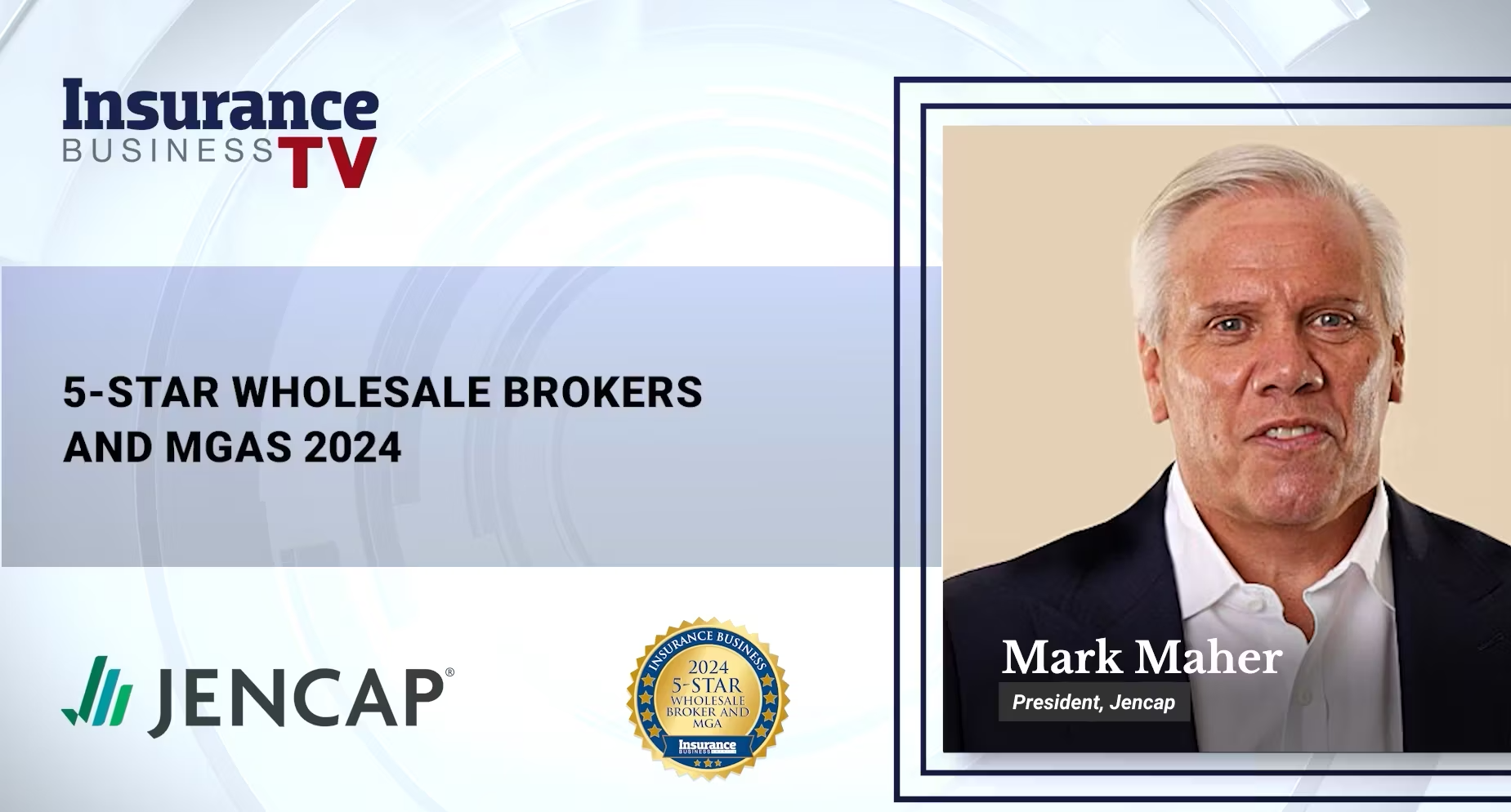This post is part of a series sponsored by AgentSync.
Call centers do not have the best reputation among customers in any industry. But when implemented well (or at least without long waits where the elevator music is so loud you wonder if you’ve suffered permanent hearing loss), they can create a valuable connection between a consumer and a business.
In an industry as saturated as insurance, great customer service can be a key competitive advantage that directly impacts a company’s success and growth. However, the highly regulated sector means that the success of insurance call centers depends as much on compliance as it does on providing a great customer experience.
What do insurance call centers do?
The main task of insurance call centers is to answer customer questions. An existing customer might contact us with questions about their current policy or to request a change or extension to their insurance coverage. If a customer has a complaint or has any problems, a customer service representative (CSR) in the call center can recommend a solution.
However, it is important to understand that the questions a CSR can answer and the topics they can discuss with consumers depend on whether they are licensed or not.
Do insurance account managers need a license?
The short answer is no. A license is not a requirement to become an insurance CSR, but the license (or lack thereof) determines what a CSR is and what they cannot do and discuss. We’ve covered the differences in more detail here, but to put it simply: Without a valid license, a CSR’s duties are limited primarily to administrative tasks. With a license, CSRs can discuss more detailed information with customers, such as pricing and coverage gaps.
Call center compliance factors
Licensed CSRs deal heavily with highly sensitive consumer information, which is why call centers in the US are held to various standards and regulations. You’ve probably heard of the Health Insurance Portability and Accountability Act, more commonly known as HIPAA, which dictates how consumers’ health information is handled, or the Do Not Call Registry, a list maintained by the Federal Trade Commission that allows individuals to do so to unsubscribe from telemarketing calls.
Other regulatory standards that call centers in the United States must adhere to include:
- The Telephone Consumer Protection Act: A federal law that requires consumers to provide consent before anyone makes telemarketing calls to them and limits the use of prerecorded messages and automated dialing systems.
- The Gramm-Leach-Bliley law: A federal law that regulates the privacy and security of a consumer’s personal and financial information.
- The payment card industry’s data security standard: A set of rules imposed by credit card companies to ensure the security of credit card transactions.
It is important that call centers adhere to these and many other standards to protect consumer privacy and reduce the risk of a data breach.
Keep up with ever-changing regulations
If you follow our Regulatory Roundup series, you know how often regulatory changes and updates occur in the insurance industry. In addition to staying current with current standards, call centers must also be aware of any changes, additions, and updates to existing policies.
For example, the Centers for Medicare and Medicaid Services (CMS) updates its communications and marketing policies annually, but also releases important updates throughout the year.
A recent CMS policy update directly impacts insurance call centers. The new guidelines state that all calls with customers seeking to discuss Medicare Advantage and Part D prescription drug plans must be recorded and retained for at least 10 years. Additionally, CSRs must provide the consumer with the required disclaimer within the first minute of a call.
What is the risk of non-compliance by the insurance call center?
CSRs who fail to comply with new and existing regulations will face consequences. Not only can non-compliance result in fines and license suspension, but it also exposes a call center to greater safety risks.
A call center that doesn’t keep up with the latest security regulations has a higher risk of a data breach. If a breach occurs and confidential consumer information is leaked, the call center and the insurers it represents will likely suffer significant reputational damage and legal backlash.
Four best practices for insurance call center compliance
1. Conduct regular audits
Call center compliance audits are key to identifying areas of a company that are in compliance and issues that need to be addressed. A company may choose to conduct audits monthly, quarterly, or annually, but it is a good rule of thumb to conduct an audit even when there is a change, such as starting new business, introducing new technology, or implementing new regulations .
And conducting a compliance audit is only half the battle; The rest is what you do with that information. It is critical that insurers create an action plan based on the data they collect and identify and take the necessary steps to keep future operations compliant.
2. Always protect consumer data
Protecting consumer information should be a top priority in insurance call centers. There are hundreds of measures a company can take to protect its data. From something as simple as minimizing the number of employees with access to certain data to more complex processes like eliminating legacy systems with security vulnerabilities and replacing them with more modern technology.
3. Do not allow unlicensed CSRs to answer questions that require licenses
Since we’ve already touched on this, we’ll keep it brief here. It’s critical that insurance call center representatives know what they can do and say without a valid license – whether it’s a license to sell or a license specifically for customer service like a CISR. To avoid the consequences of non-compliance, many insurance companies have an entire team or department dedicated to ensuring that all employees, including CSRs, are licensed agents. Of course, managing manufacturer licenses can be a significant challenge without the support of modern insurance licensing software like AgentSync.
4. Keep detailed records of all customer calls
Last on our list of call center compliance best practices, you should always keep a “paper trail” of your calls with customers. In many cases this is even necessary. Of course we don’t mean real paper. That would be far too complicated.
Call recording technologies like Gong allow users to capture all customer-facing interactions and store them in a library for as long as necessary. This is great news for all CSRs that need to comply with the new Medicare communications guidelines we mentioned earlier.
Maintaining insurance call center compliance is not optional
Insurance call center compliance requirements don’t just serve to add complexity to CSRs’ work. Their primary purpose is to protect consumers and their data. And an insurance carrier or agency that fails to maintain call center compliance risks much more than just fines and penalties. Your entire reputation is at stake.
If you want to ensure compliance across your organization, AgentSync can help you cross valid vendor licenses off your list. From your sales team to your CSRs, our modern license compliance solution makes manual compliance management a thing of the past. Gain peace of mind, contact us today.
Source link
2024-02-14 05:52:34
www.insurancejournal.com
















